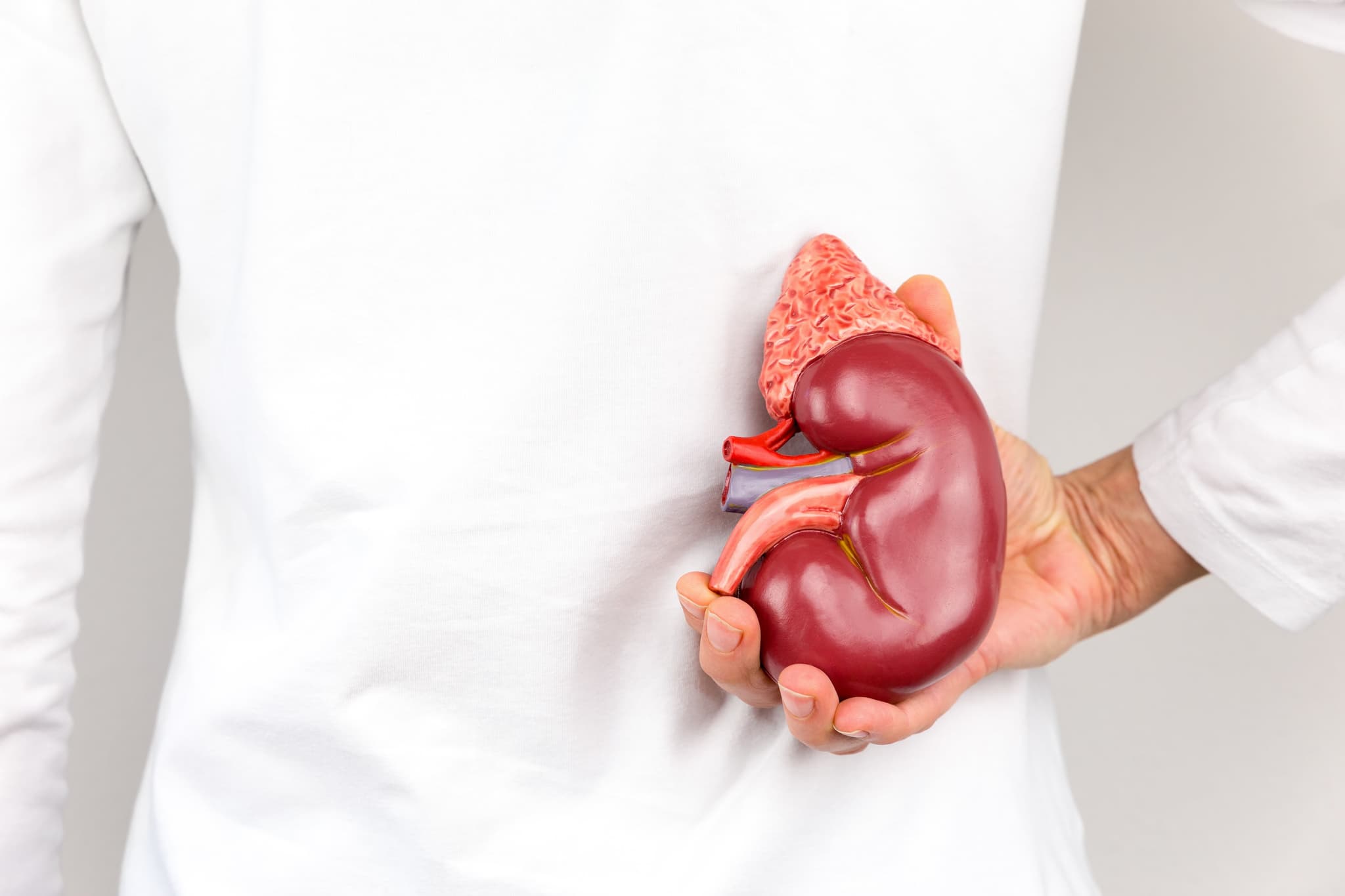
2025-01-21T10:28:42
How Thyroid Imbalance Affects Fertility: What to Know
- Endocrinology
- Family Medicine
July 1, 2024 | Endocrinology
Specialties:Endocrinology (Diabetes/Hormone Management)

Many of us have experienced the euphoric feeling of napping after eating a big meal. But did you know that coma-like feeling you get after Thanksgiving dinner actually has a scientific name? It’s called “postprandial somnolence,” and it’s usually nothing to worry about when it happens occasionally. However, if you frequently find yourself falling asleep after meals, you may want to investigate further as it can be a warning sign of diabetes. Let’s look further into this connection.
Understanding Diabetes: Types & Symptoms
Before we dive into the relationship between post-meal drowsiness and diabetes, it is essential to grasp the basics of this metabolic disorder.
Diabetes has two primary forms: Type 1 Diabetes and Type 2 Diabetes. According to the American Diabetes Association (ADA): “In Type 1… the body does not produce insulin. Conversely, Type 2 involves insulin resistance, where the body’s cells become less responsive to insulin’s actions, leading to elevated blood sugar levels.”
Both types share common symptoms, including increased thirst, frequent urination, unexplained weight loss, and fatigue.
The Role of Blood Glucose Levels and Reactive Hypoglycemia
Blood sugar levels play a pivotal role in understanding the link between feeling fatigued after eating and diabetes. The body breaks down the sugars and starches you eat into a simple sugar called glucose, which it uses for energy. After a meal, particularly one high in carbohydrates or sugar, blood sugar levels typically rise. However, in individuals with diabetes, this increase can be exaggerated, potentially leading to reactive hypoglycemia.
Reactive hypoglycemia occurs when blood sugar levels spike after eating, prompting the body to make too much insulin. Subsequently, blood sugar levels plummet, triggering symptoms such as tiredness, and fatigue.
While reactive hypoglycemia can occur in individuals without diabetes, it may serve as a warning sign of diabetes – especially when accompanied by other diabetes risk factors or symptoms.
Should I be worried if I fall asleep after eating?
Feeling fatigued after eating is not a definitive sign of diabetes by itself; many people feel tired after eating. However, if you are at higher risk of developing diabetes and are showing other signs, you may want to pay closer attention to your post-meal energy levels.
Diabetes risk factors encompass various lifestyle and genetic factors that predispose someone to the condition. According to the ADA, common risk factors include:
Identifying and addressing these risk factors can significantly reduce the likelihood of developing diabetes or help you understand how to treat the condition.
What can I do?
If you’re unsure you have diabetes but want to improve your energy levels after eating, here are a few options.
Focus on eating high-quality complex carbohydrates
Eating the right foods can help you avoid blood sugar spikes. According to ZOE, complex carbohydrates generally take longer for your body to break down. This allows glucose to be released into your blood more slowly, causing a gradual rise in blood sugar followed later by a gradual fall. This can help avoid “spikes” or “crashes” that impact energy levels. Food options to consider include:
Keep a Food Diary:
A food diary tracks what you eat and the factors surrounding meals to see if you may have an allergy or other food-related condition. Track what foods you eat, the time of day, and how you feel afterward including your mood, energy levels, and focus.
Take a walk:
A short 10-15 minute walk after a meal can help with digestion and help your body manage your blood sugar levels, boosting your energy.
Improve your sleep:
Perhaps you aren’t experiencing postprandial somnolence after all! Better sleep health will decrease daytime sleepiness helping you identify the true cause of your fatigue.
Eat less sugar:
Whether you have diabetes or not, having high blood sugar can make you feel drowsy. As you reduce the sugary foods, drinks, and snacks you consume, your blood sugar should be regulated. This can aid in reducing your coma-like symptoms.
If you think you may have diabetes or another condition, consider visiting a healthcare professional at Revere Health to help you get the care you need.

WRITTEN BY:
Steven Goodrich
Steven Goodrich currently interns at Revere Health doing a number of digital marketing projects. He is studying Marketing at UVU and loves learning about the way language can impact people. In general, he loves language and learning new ones as he currently speaks Swahili fluently, Spanish at a conversational level, and is learning French and Portuguese. Outside of this love for language, Steven enjoys being outside by playing roundnet, skateboarding, and hiking.

2025-01-21T10:28:42

2024-10-09T14:26:27

2019-06-21T10:58:16

2018-02-28T12:20:38
This information is not intended to replace the advice of a medical professional. You should always consult your doctor before making decisions about your health.